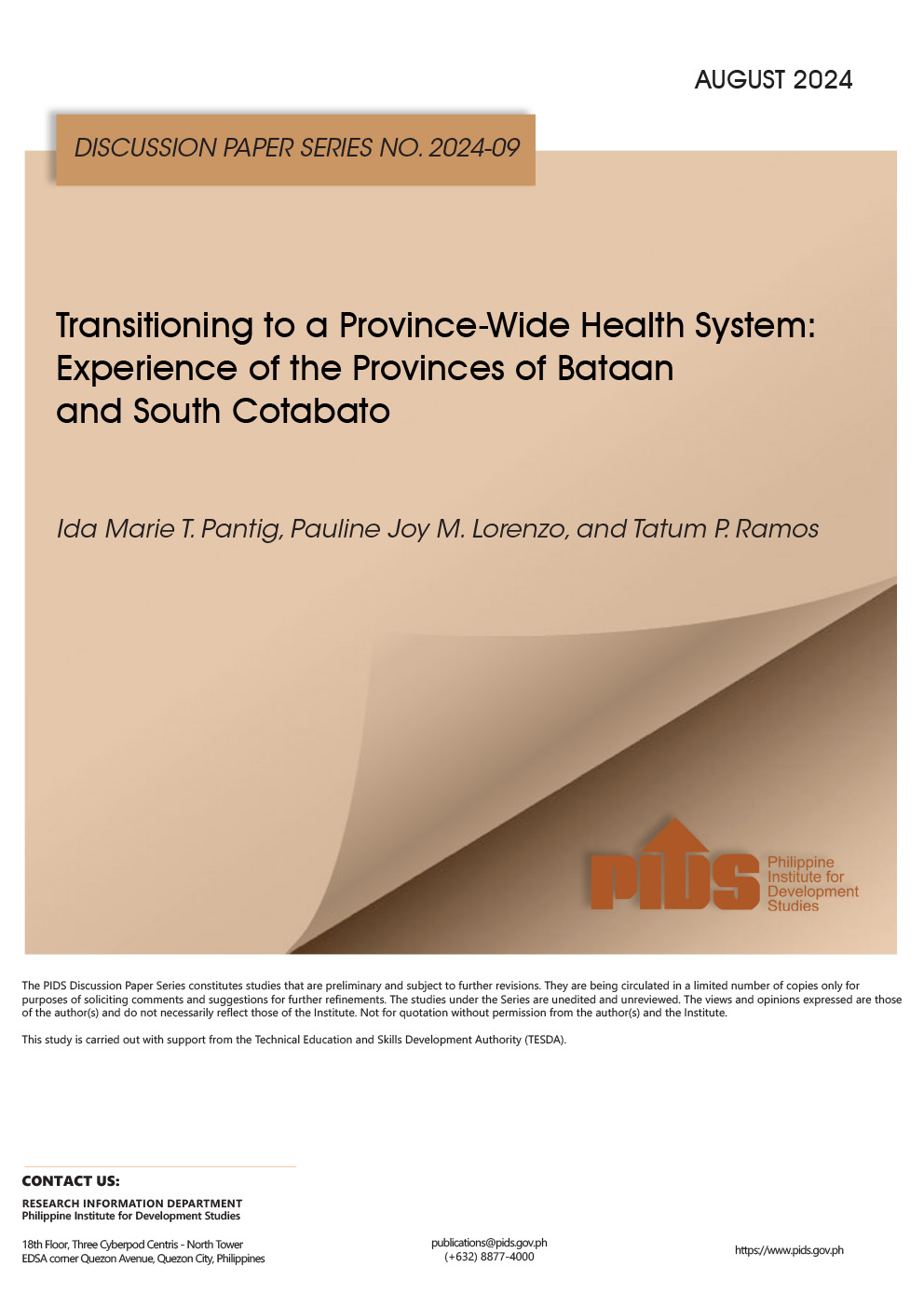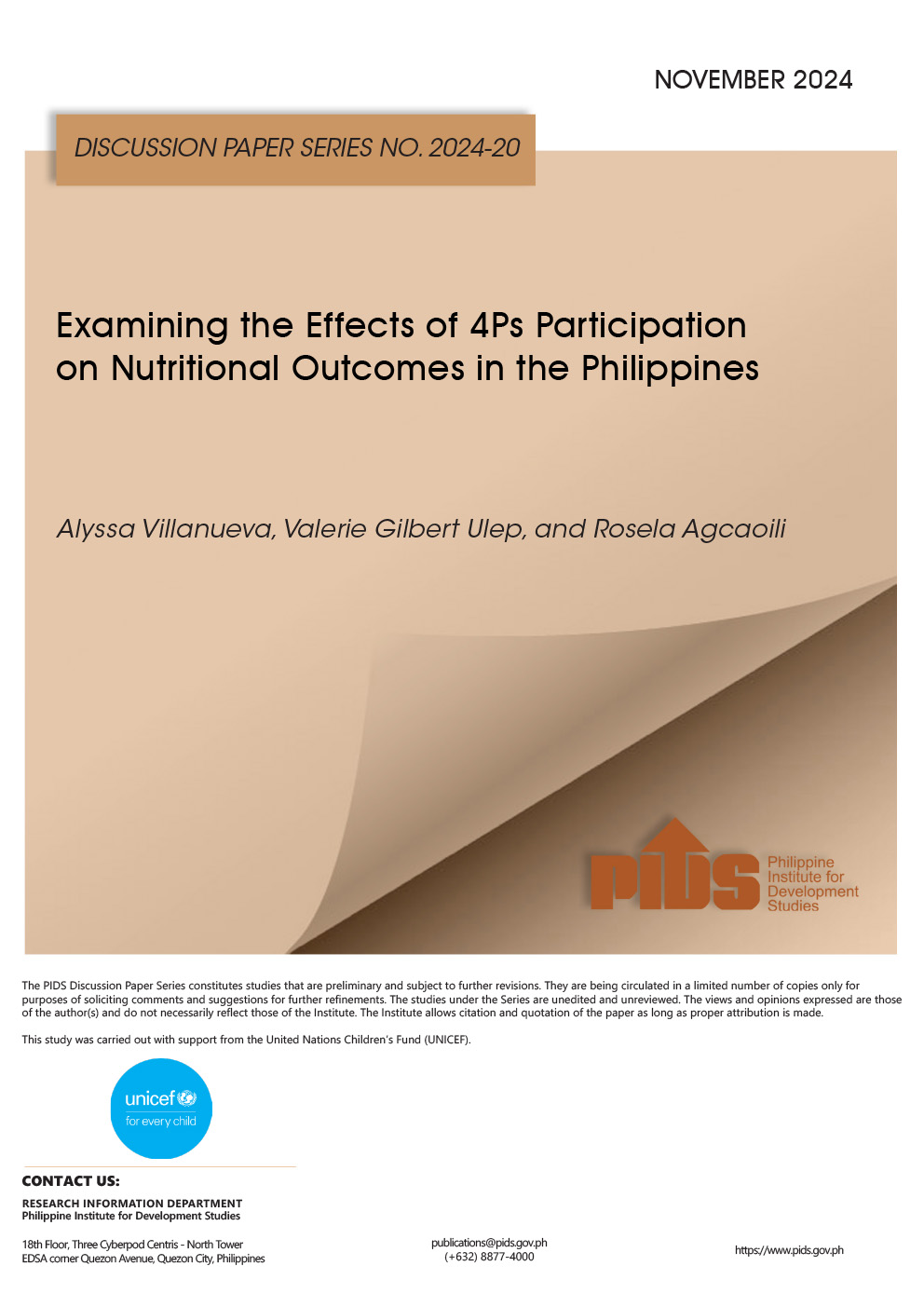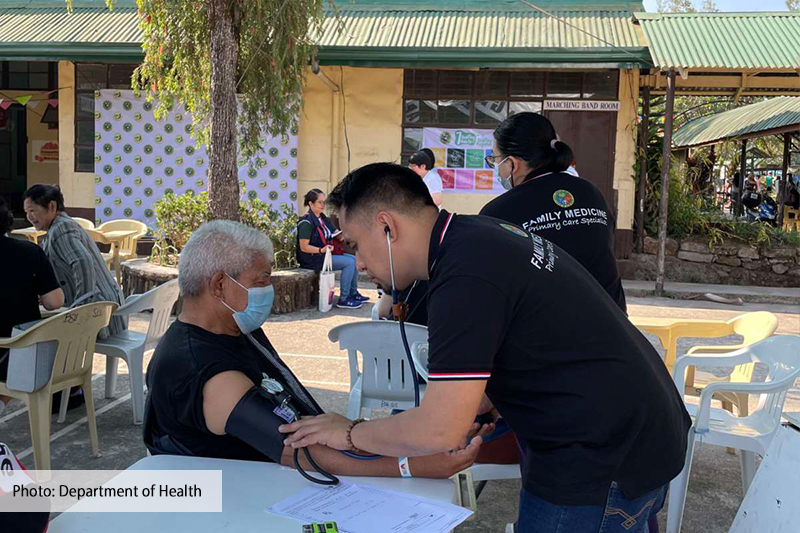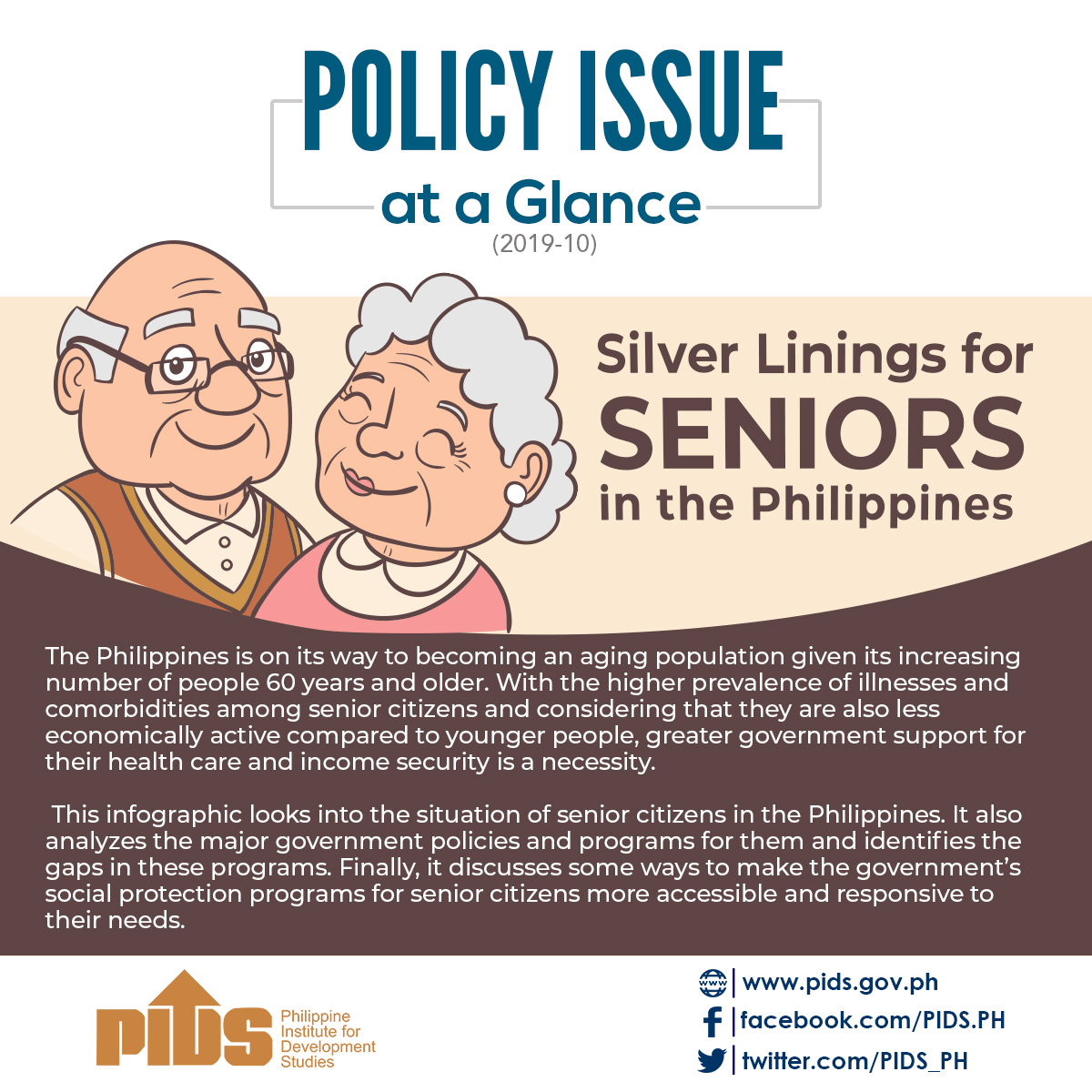A BILL offering incentives to companies that hire older workers has been filed in the Senate, with perks Senate Majority Leader Joel Villanueva has filed a bill seeking to increase and equalize senior citizens’ employment opportunities and encourage private companies to hire the elderly.
According to the senator, senior citizens who are still able and willing to find a job and want to continue being economically active and productive in their late years must be given opportunities.
“This bill will further support and promote equal work opportunities for our senior citizens,” Villanueva said.
By amending Republic Act 9994, also known as the expanded Senior Citizens Act of 2010, Senate Bill 360 will require the Department of Labor and Employment to offer senior citizens matching and employment facilitation services.
The bill also includes additional benefits, such as raising the allowable deduction from gross income for private companies hiring senior citizens from 15 percent to 25 percent of the entire amount paid in pay and wages and funding for senior citizen training.
The bill also allows for the waiver of fees and charges owed by senior citizens who are looking for work if those fees or charges are paid in conjunction with the application for and issuance of licenses, proofs of identification, clearances, certificates, or other papers typically needed throughout employment.
“Given the foregoing, this bill will contribute to the benefits of millions of senior citizens who wish to remain economically active and productive,” Villanueva said.
According to the latest available data from the Philippine Statistics Authority (PSA) on the total population by age group, there were 7,548,769
Filipinos aged 60 years and above in 2015. Some 4,787,586 Filipinos 65 years of age or older, make up 7.5 percent and 4.7 percent of the nation’s 100,981,437 total population.
However, PSA data from 2015 shows 42.1 percent of senior citizens (3.17 million) are still gainful workers, with 1.19 million being skilled agricultural, forestry, and fishery workers (33.7 percent), 499,000 being workers in elementary occupations (15.8 percent), and 427,000 being managers (13.5 percent).
According to the Philippine Institute for Developmental Studies, by 2032, the Philippines will “join the ranks of countries with an aging population” (or at least 7 percent of the population would be 65 or older). By 2069, the country will “eventually become an aged society” (or at least 14 percent of the population is 65 or above).”










